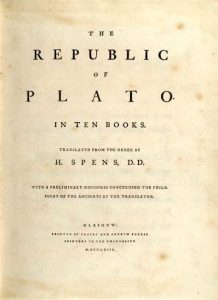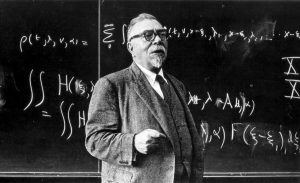The natural ability to understand – to shine light on things – a natural light within.
“Lumen naturale” is a Latin term that translates to “natural light.” In the context of the Enlightenment, philosophers often used this concept to represent reason and knowledge that comes from nature and human intellect rather than relying solely on religious or traditional authorities.
Enlightenment thinkers believed in the power of reason and rationality to discover truths about the world. They saw the human mind as capable of understanding and improving society through the application of logic and scientific inquiry. The term “lumen naturale” reflects the idea that there is an inherent, natural capacity for humans to gain knowledge and insight through reason, independent of divine revelation.
This concept played a significant role in shaping the intellectual landscape of the Enlightenment, emphasizing the importance of human agency and critical thinking in the pursuit of knowledge and progress.

Further References
→ Alphanumerical DOI: 10.5840/philtheol199693/41 • DOI URL • Download via SciHub • Translation • Forward • Format • BibTeX • Citation Network Graph • Scite AI
→ Alphanumerical DOI: 10.1515/9783111380001-012 • DOI URL • Download via SciHub • Forward • Format • BibTeX • Citation Network Graph • Scite AI
→ Alphanumerical DOI: 10.30965/25890581-02802005 • DOI URL • Download via SciHub • Forward • Format • BibTeX • Citation Network Graph • Scite AI





![X Club T.H.Huxley(Woodburytype)[1]](https://cognitive-liberty.online/wp-content/uploads/T.H.HuxleyWoodburytype1-229x300.jpg)



